Your cart is currently empty!
dog aggression
-
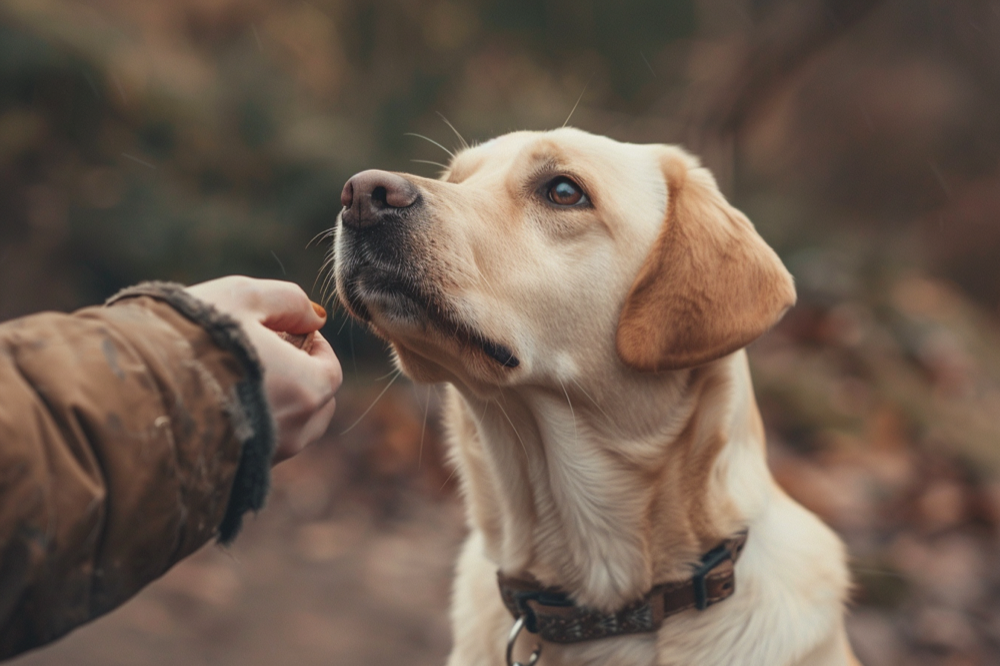
Understanding Positive Reinforcement: More than Giving Treats
Positive reinforcement is a concept many of us have heard of, especially when it comes to training our furry companions. The basic idea is simple: reward a behavior you want to see more of, and it’s likely to be repeated. However, when it comes to addressing aggression in dogs, the application of positive reinforcement isn’t…
-
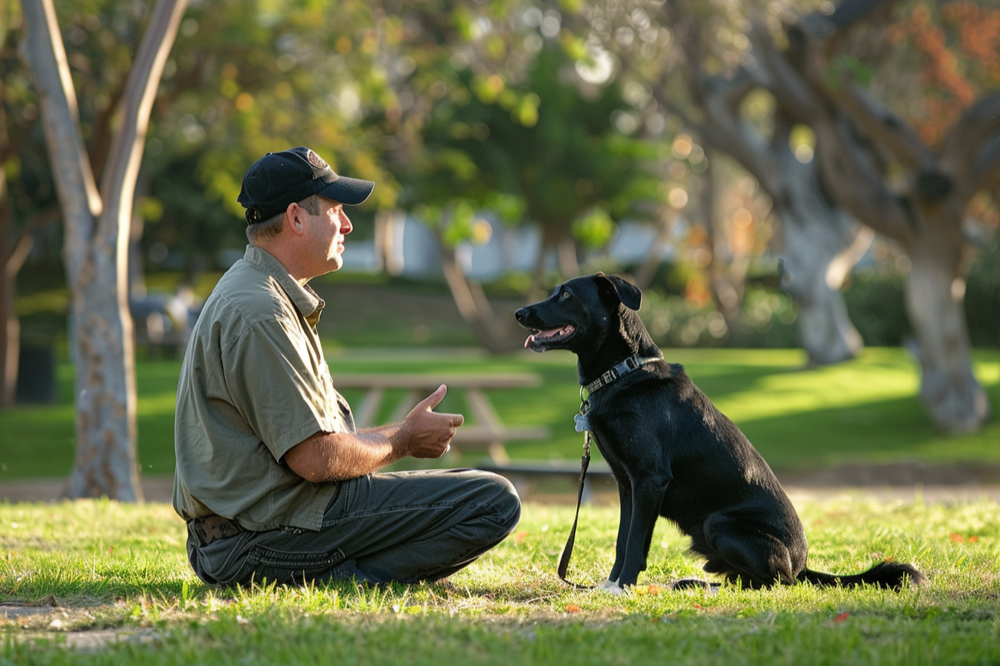
Two Essential Aspects Overlooked in Tackling Dog Aggression
In the intricate realm of addressing canine aggression, two fundamental aspects often evade the spotlight, yet serve as the bedrock for effective intervention. While strategies like desensitization and counter-conditioning rightfully garner attention, their efficacy hinges on mastering these foundational elements. Embarking on a journey to understand and address aggression in dogs necessitates a keen appreciation…
-
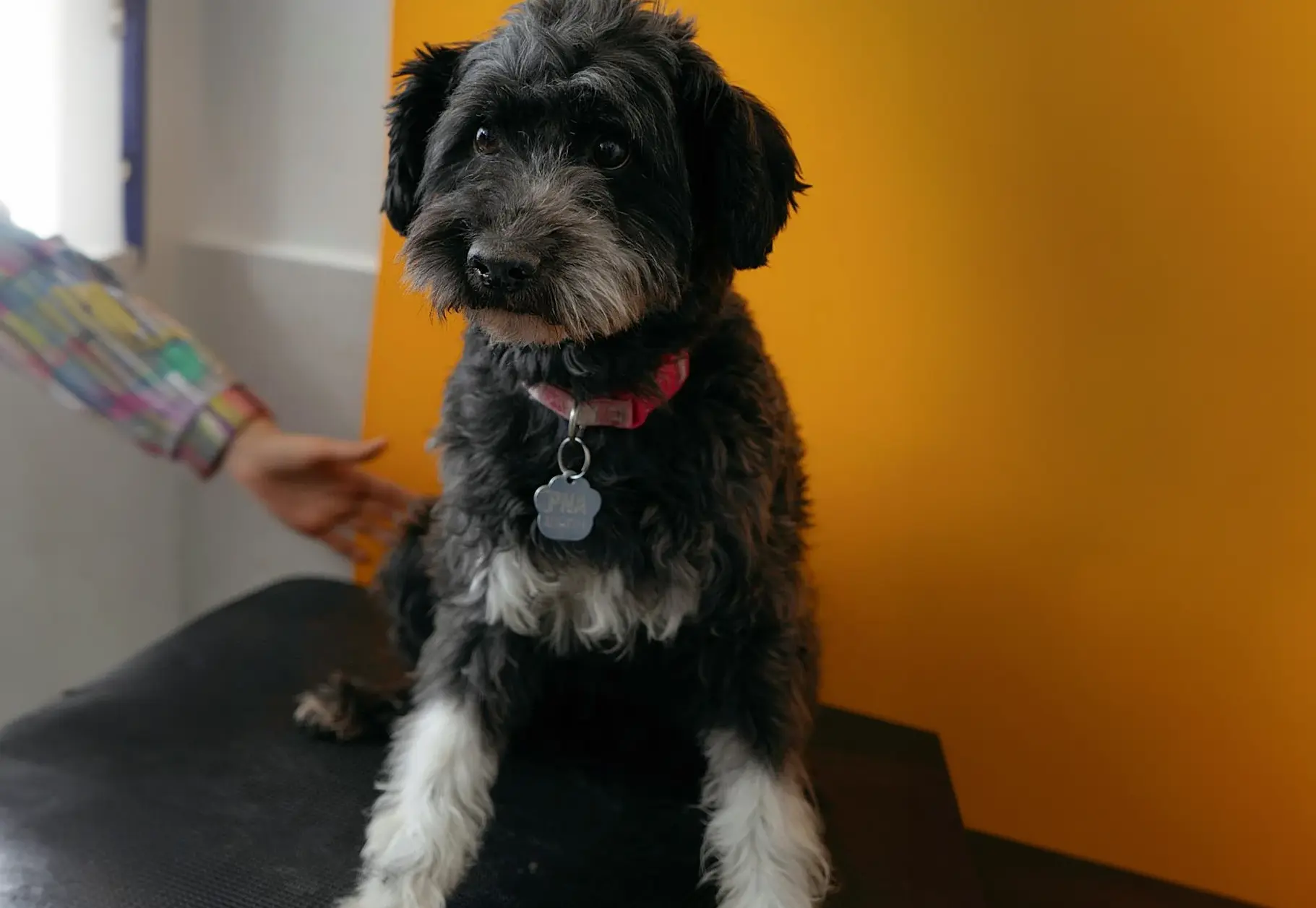
The Sit-stay: danger in focusing only on Outward Behavior
Some trainers have said it doesn’t matter what the dog is feeling, it only matters that they behave. This can be reassuring for dog owners because understanding the inner workings of our canine companions can often feel like a labyrinth complete mystery. But focusing solely on a dog’s outward behavior without considering their internal state…
-
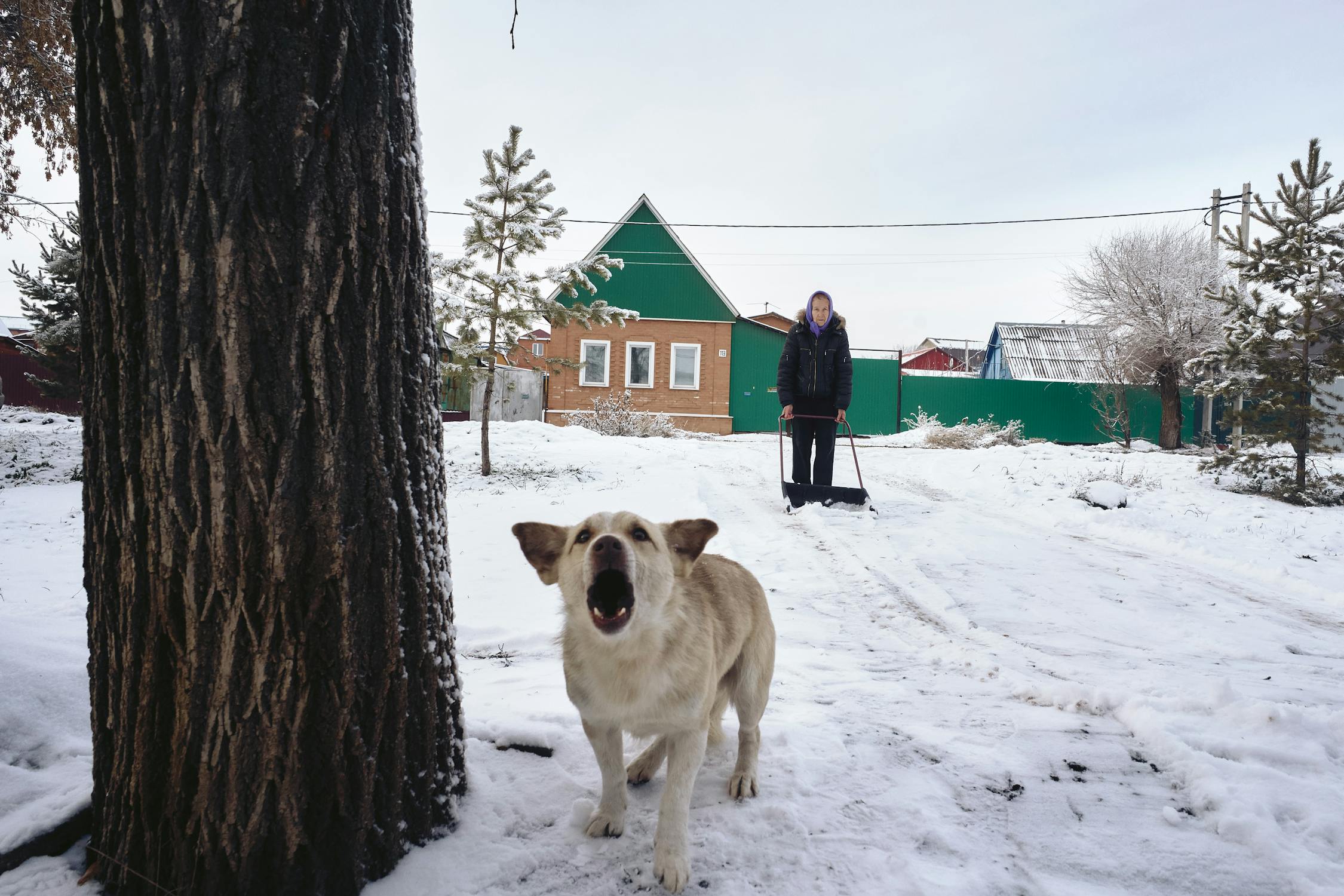
Why Reactivity is Often a Warning Sign for Aggressive Behavior in Dogs
If you are learning about dog aggression, you could be forgiven for thinking reactivity is the same as aggression. It seems like the terms are often interchanged. However, there are differences: reactivity in dogs refers to an overreaction to a stimulus, such as another dog, a person, noise or even touch. On the other hand,…
-

Which Medication Should be Used for Dog Aggression?
If you’re exploring medication options for dog aggression, this guide will help you understand which treatments might be suitable. Whether your dog is already on medication or you’re considering new options, this article provides insights into: Understanding Aggression in Dogs Aggression in dogs often signals a deeper issue, such as fear, anxiety, or medical conditions.…
-
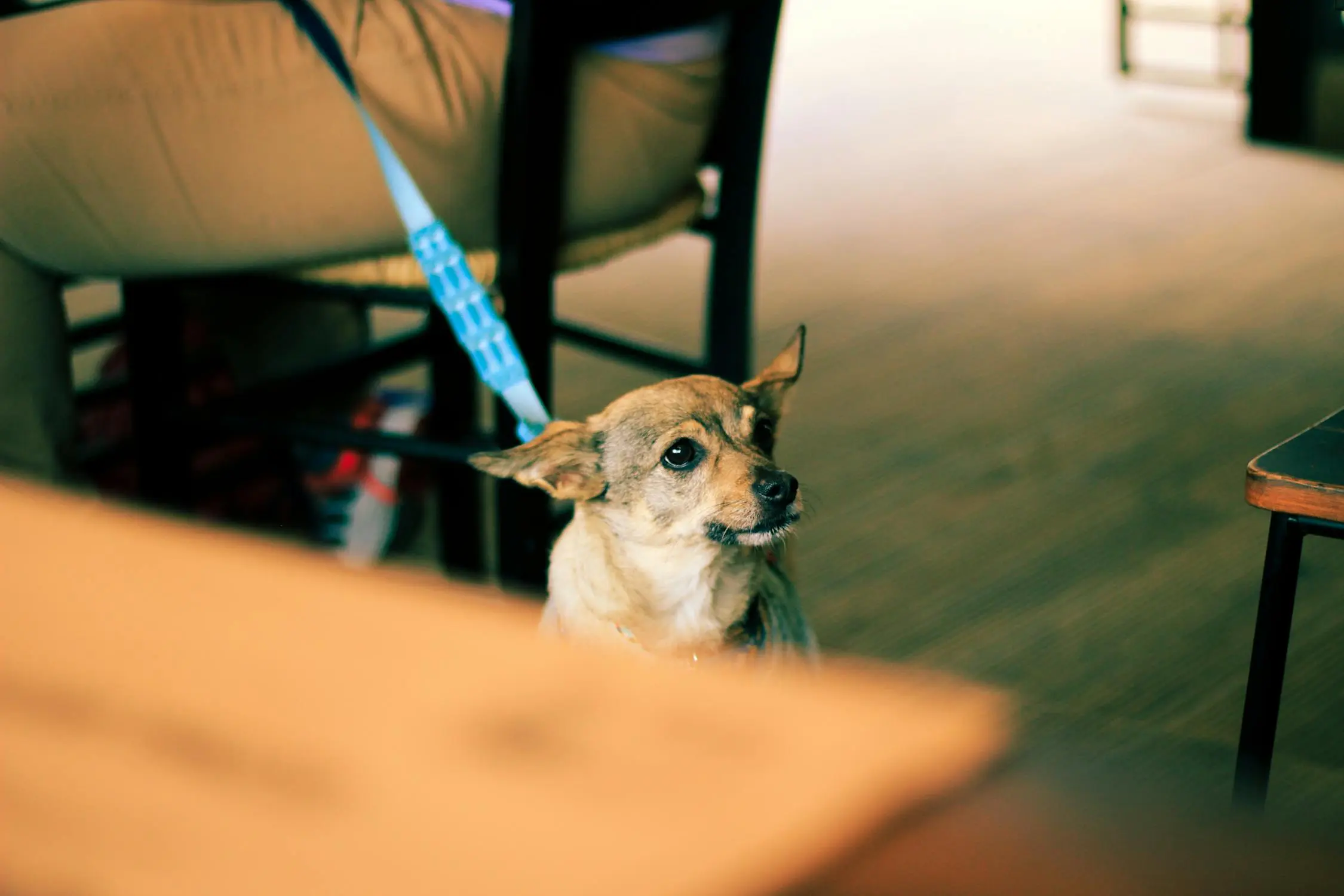
How anxiety relates to dog aggression and why we need to treat it
While you may think your dog is aggressive because of the neighbour’s black dog or the guy wearing that crazy hat, it is now believed by the scientific community that anxiety or uncertainty underlies most dog aggression (1). That anxiety or uncertainty in dogs underlies dog aggression is not immediately obvious. As a result it…
-
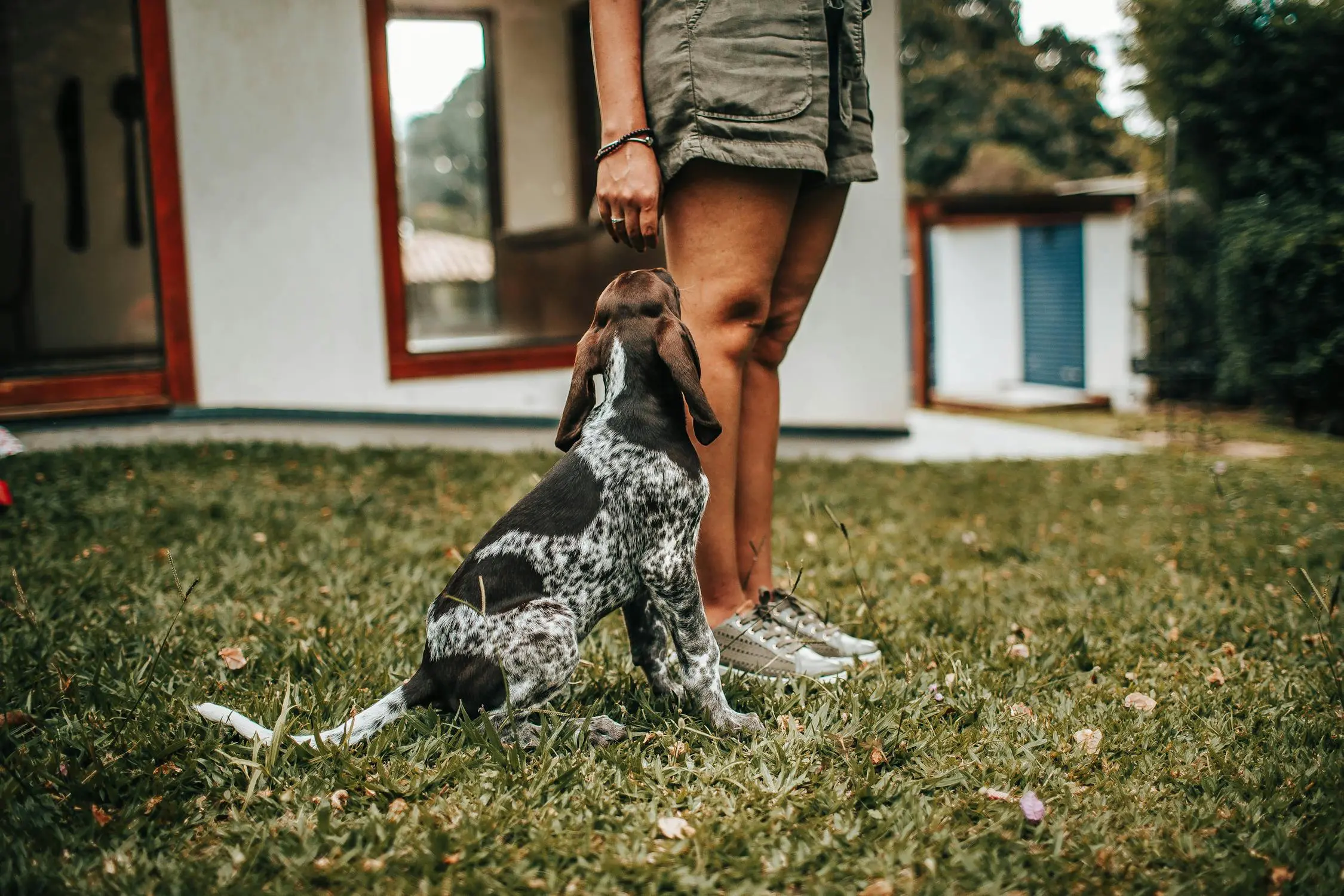
5 Harsh Realities of Treating Dog Aggression
On the surface treating dog aggression – if not a simple fix – can at least appear to be relatively straightforward. Teach your dog to do something that is incompatible with aggressive behavior. How hard can that be? Well, after the initial cycle of excitement and enthusiasm, there is the inevitable wake-up call to reality.…
-
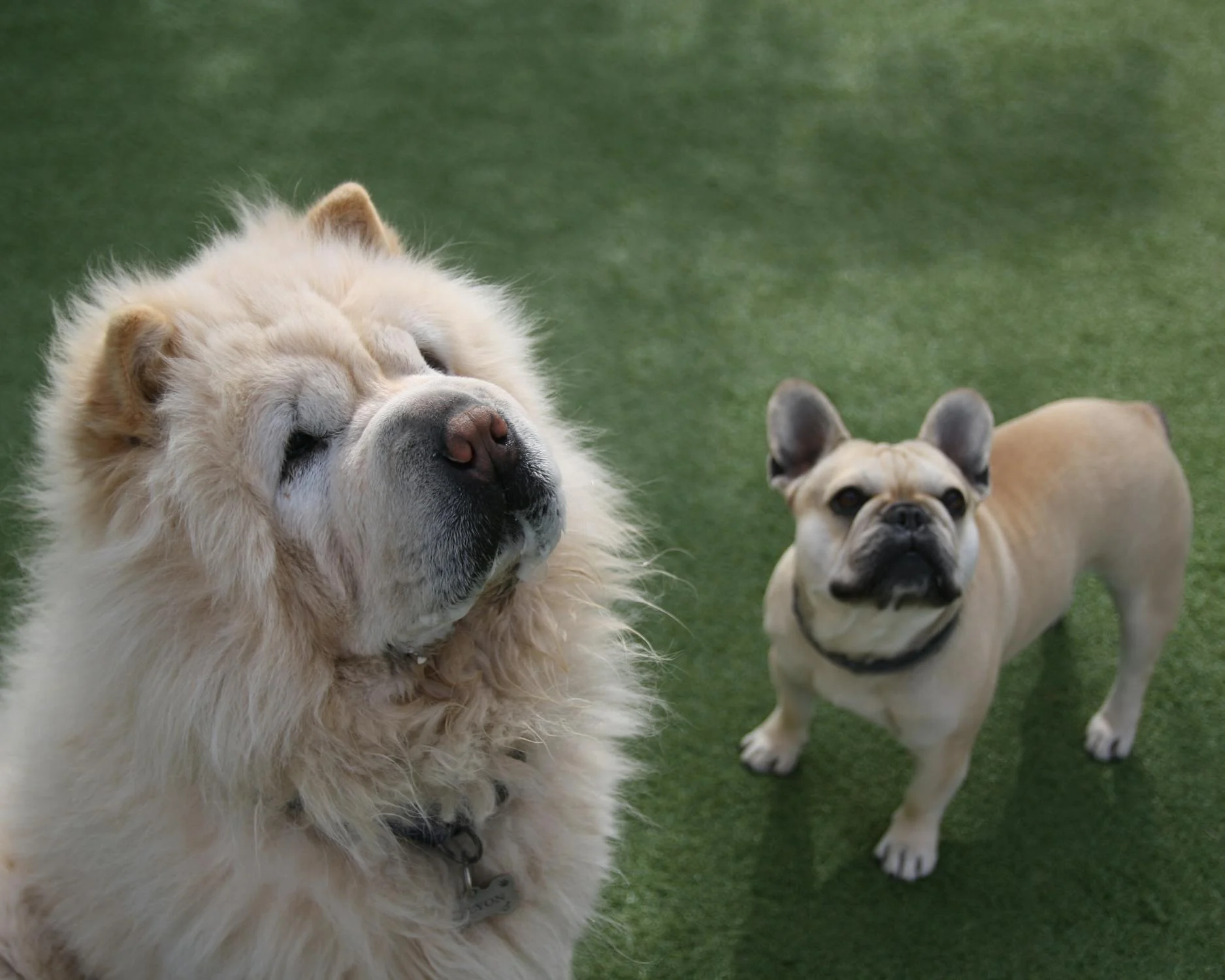
Training your aggressive dog to pay attention might help improve dog aggression
Training your aggressive dog to stop paying attention to something else and shift their to you will likely help to improve dog aggression. People with generalized social-phobia that have been trained to pay attention to non-threatening positive material and ignore threatening material, showed significantly greater reductions in self-reported, behavioral, and physiological measures of anxiety than…
-
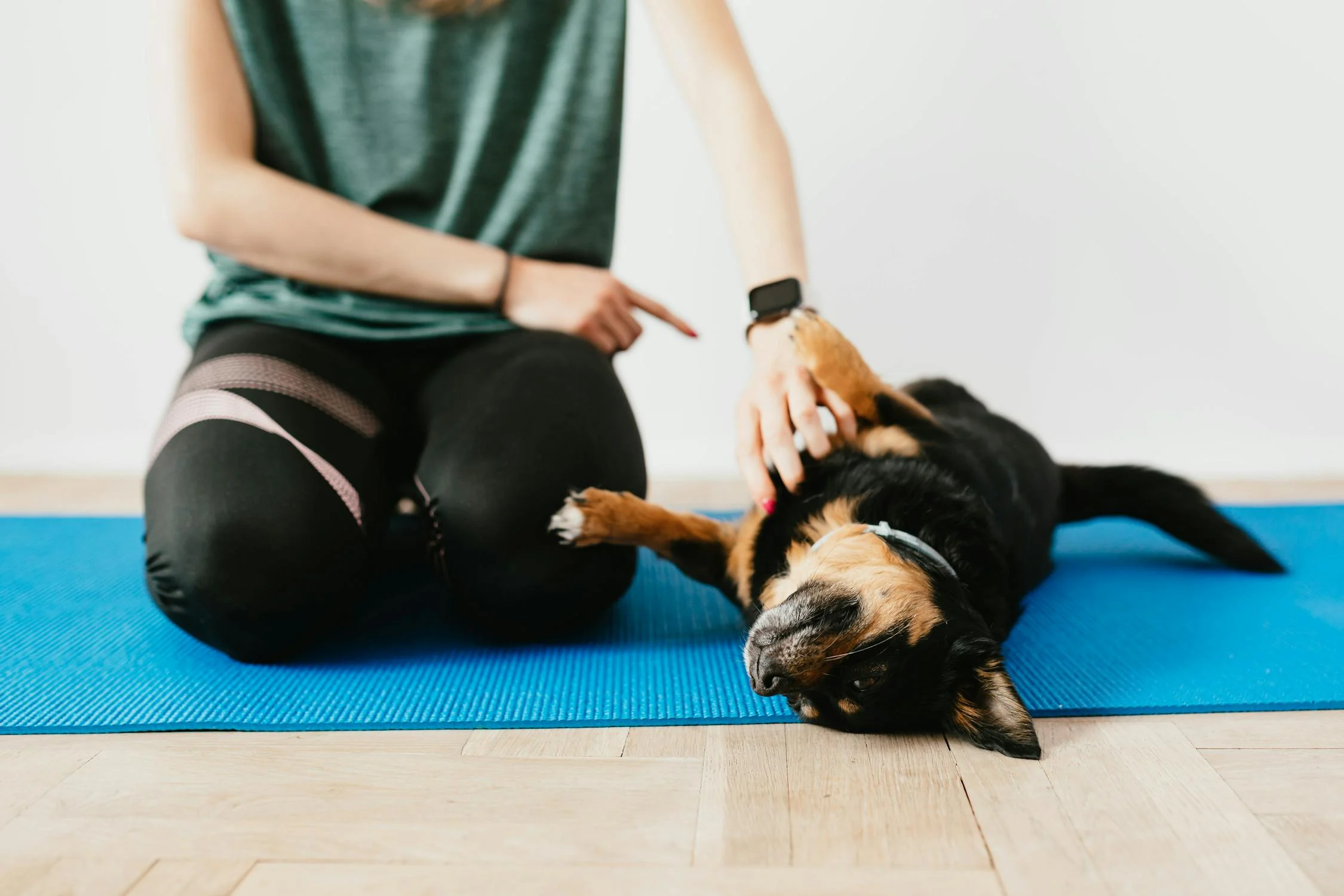
The World’s Worst Dog Aggression Advice
Everyone who has a dog seems to have an opinion on how to handle dog behavior problems and aggression is at the top of the list. Here is some of the worst advice for handing aggression in dogs that you should avoid. How many people still give out this kind of advice for treating behavior…
-
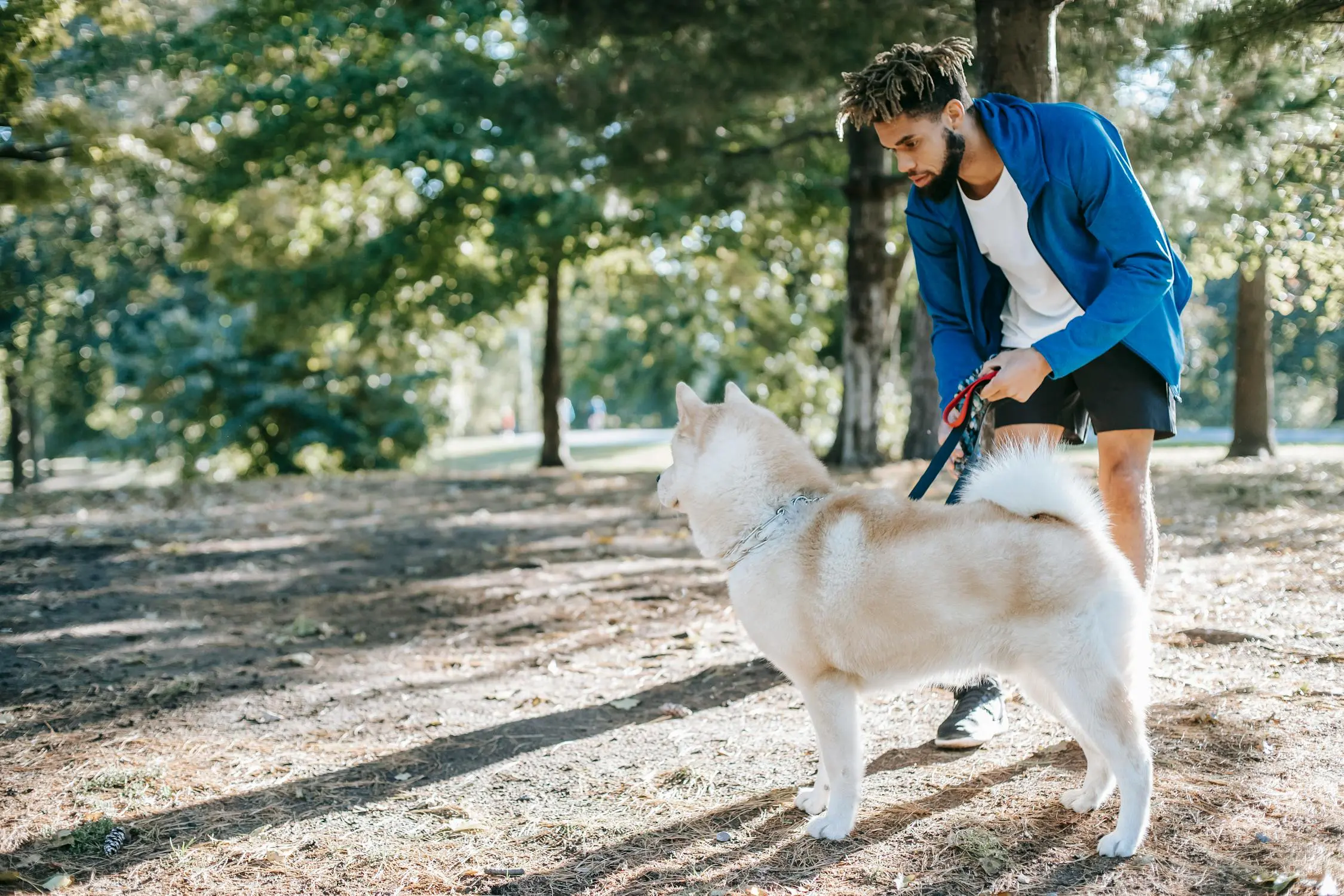
The importance of getting your dog’s attention at the earliest stage of aggressive arousal.
We and our dogs are unable to pay full attention to more than one thing at a time. Outside of dogs that are aggressive toward their owners, it means that if you can hold your dogs attention, they will not be attention to whatever else he is becoming aggressive towards. Dogs that are not attending to the threats…
